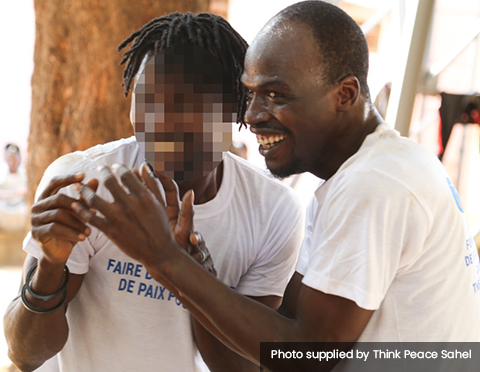Champions of Say: Mobilizing Local Knowledge to Prevent Violent Extremism
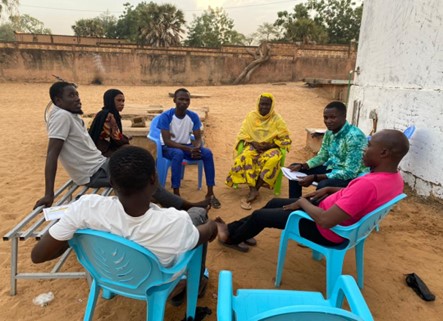
Champions of Say: Mobilizing Local Knowledge to Prevent Violent Extremism
On a quiet evening in the small town of Say in the Tillabéri region in Niger, a few members of the community gather in the sandy courtyard of the "CentreLes Champions de Say : mobiliser le savoir local pour prévenir l’extrémisme violent

Les Champions de Say : mobiliser le savoir local pour prévenir l’extrémisme violent
Par une calme soirée dans la petite ville de Say de la région de Tillabéri au Niger, une poignée de membres de la communauté se réunissent dans la cour sablonneuseHoning digital skills of youth in partnership with private sector
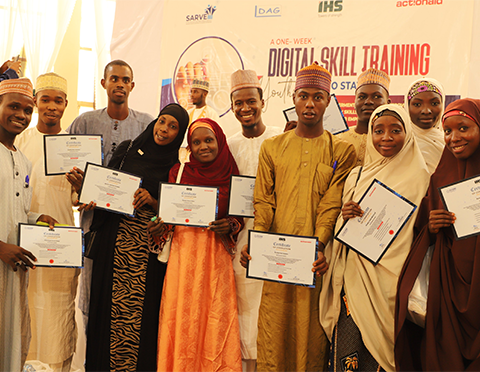
Honing digital skills of youth in partnership with private sector
Aisha, a young woman from Nigeria, finds computer tasks like creating an excel spreadsheet or sending an email to be difficult. She is one among the 64 million young populationRediscovering Childhood in Albania After Camps in Syria
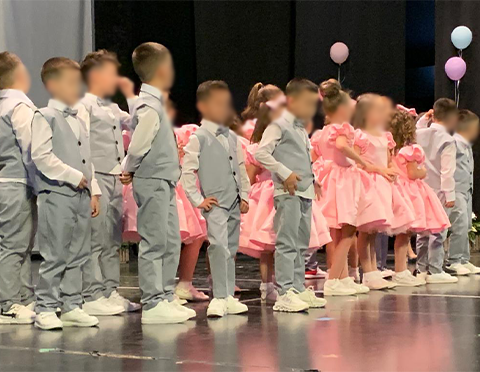
Rediscovering Childhood in Albania After Camps in Syria
The little girl in frilly white socks speaks confidently into the microphone as her classmates stand behind her on stage.Meet Our Team
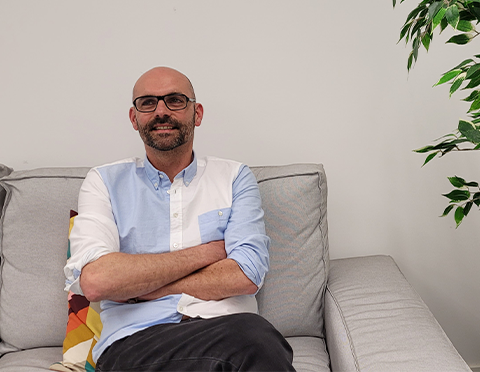
Meet Our Team
For more than 20 years, GCERF Grant Finance Specialist Julien Montoux, has worked to redress the inequality he first witnessed up close in Guatemala. What struck the French social sciences studentCounselling children returning from conflicts abroad: A frontline worker’s perspective
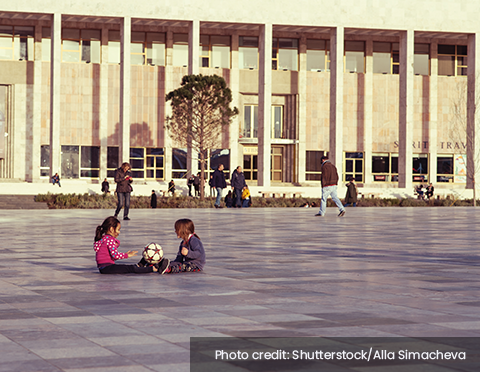
Counselling children returning from conflicts abroad: A frontline worker’s perspective
A.T.* is a clinical psychologist who counsels families returning to Albania from conflict zones, particularly from refugee camps in northeast Syria.Reintegration and resocialisation: one mother’s reflections
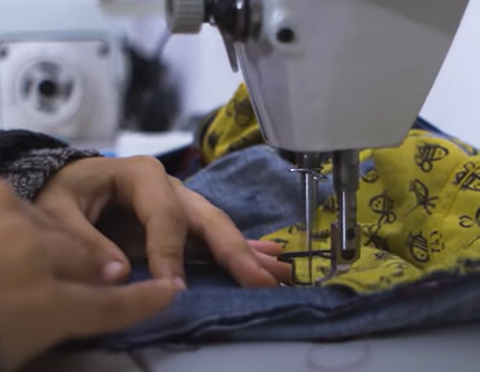
Reintegration and resocialisation: one mother’s reflections
Zara*, a 31-year-old mother of five seems happy to meet. She says she used to be shy and uncomfortable around new people, but now that has changed. For the pastOvercoming trauma and becoming a peace champion
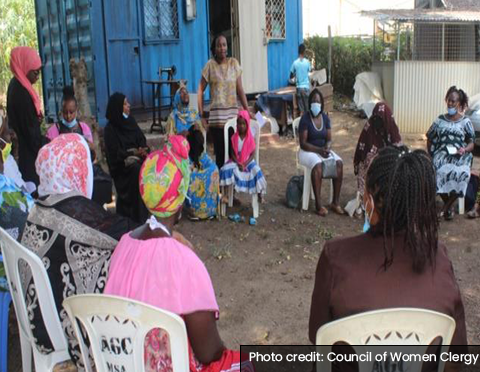
Overcoming trauma and becoming a peace champion
Mama Mwaka* is a 50-year old resident of Likoni, Kenya. Identified as a victim of extremism after the 2014 attack on Likoni church by Al-Shabaab, she participated in the SafeOf new beginnings: Scaling economic opportunities for women through the Carol Bellamy WEAVE Fellowship
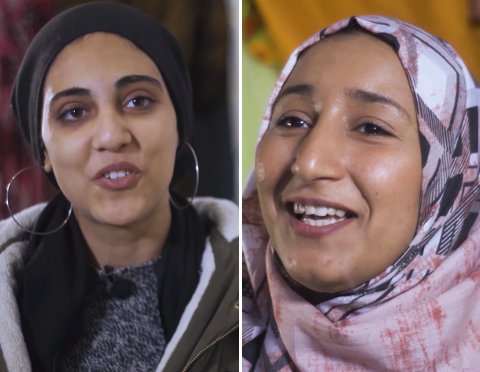
Of new beginnings: Scaling economic opportunities for women through the Carol Bellamy WEAVE Fellowship
Haïfa and Abir dropped out of school at a young age due to social and financial difficulties. Like other women in their neighbourhoods, they did not have much to do.“This is the first time I see hope”: Healing in the prisons of Mali
